If you’re not immersed in tabletop gaming, it can be easy to miss the fact that it is undergoing a massive surge in popularity. Each year sees the release of thousands of new titles, creating a nearly two-billion-dollar industry. Gaming has never been as accessible or as fun as it is right now, yet for many people, it’s hard to even know where to start.
At Meeple Mountain, we love helping prospective gamers learn more about this amazing hobby. We’ve collected some of the most Frequently Asked Questions here to get you started. If your question isn’t answered below, leave a comment: you’re probably not alone!
- What is tabletop gaming?
- Why play games?
- Who plays games?
- I played ___ and didn’t like it. Do I hate games?
- What is a genre?
- What is a theme?
- What is a mechanism?
- How do I learn a game?
- Where can I play a game?
- Where can I buy a game?
- How much do board games cost?
- So who is making all these games? How are they made?
- There seems to be a lot of specialized terminology around games. What do I
- need to know?
- This all sounds great! Where can I go to learn more?

What is tabletop gaming?
Tabletop gaming is a broad term that encompasses almost every kind of physical game you can play at a table: traditional card games like Euchre or Bridge; unique card games like Uno (and its many successors) or Sushi Go; board games as diverse as Monopoly, Catan, and Terraforming Mars; a wide variety of specialized wargames to recreate historical conflicts; and roleplaying games like Dungeons & Dragons, Vampire: the Masquerade, or Fiasco. That’s a lot of ground to cover, but most people pick a few of the areas they like most and focus on those. Board and card games are the most popular, and even within those categories there are many smaller subdivisions that players might gravitate toward.
Why play games?
Gaming as a hobby can seem silly or immature, but there are many serious reasons why people play games. We’ve talked before about why we game and even came up with a list of our reasons in the most simple words. Generally, people play games because they’re entertaining, keep our minds sharp, and encourage us to spend time with our friends and loved ones — if that sounds appealing, read on!
Who plays games?
Anyone! Nowadays there are so many games on the market that every single person could find the perfect game for their needs in just a few clicks. There are games for kids and families, party games for adults, games for couples, and even games you can play by yourself!
I played _____ and didn’t like it. Do I hate games?
This is a pretty common complaint, but it’s worth remembering that games are like any form of entertainment: what appeals to one person may not appeal to another. Even if all of your friends are raving about the newest TV show or bestselling book, that’s no guarantee you’ll like it. Tabletop games are a medium and each one has its own deliberately-crafted experience to offer. Don’t give up! There’s a game out there for you and trying more games will help you find the one that fits.
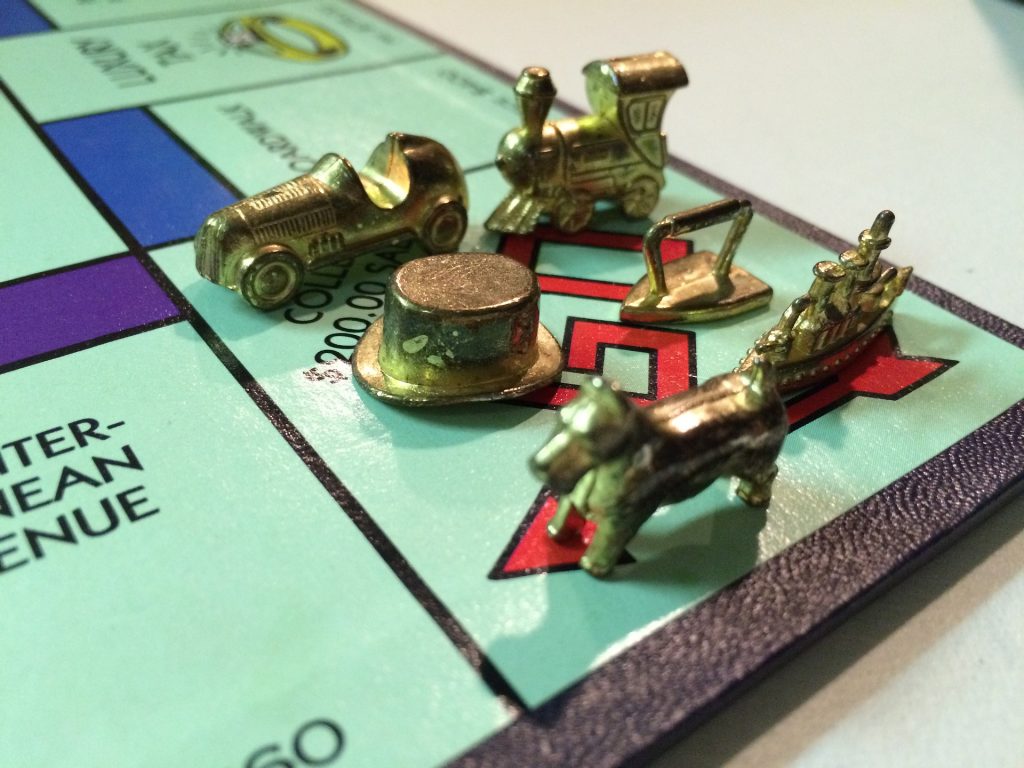
What is a genre?
As in most fields, a genre is a group of games that share one or more distinct elements. This can be a theme, a mechanism, a specific play experience, or anything else that different games might have in common. By using the shared element as a descriptor of the game — “the roll and write genre” for example — players can talk about large groups of games in an easy way.
What is a theme?
A game’s theme usually refers to its setting, including what roles the characters take on, as conveyed through the art and rules of the game. The theme of Candyland is “a fairy tale in a magical world of candy” and almost everything about the game supports that theme. Some games focus heavily on theme (Candyland) while others have hardly any theme at all (Chess). Every player has their own thoughts on how thematic a game should be and what kinds of themes are engaging and fun, so find the ones that speak to you and try them out.
A theme can also be used to mean the artistic intent of a game’s creator. We don’t often think of games as art, but there’s a growing movement of designers who want their work to be more than idle entertainment. For an excellent analysis on how this kind of theme might appear, consider reading our review of Pax Pamir. (Note: this is a particularly complicated game and its themes are significantly heavier than most.)
What is a mechanism?
Something many gamers talk about are a game’s “mechanisms”. A mechanism, also called a “mechanic”, is what players do in the game and how they do it. In Monopoly, for example, the goal is to accumulate money and avoid bankruptcy. The mechanics are things like rolling dice to move your player piece, auctioning properties, and collecting sets of similar cards.
It’s easy to confuse a game’s mechanics with its rules. A good way to think about the difference between them is that the mechanic is the overall action (roll the dice and move) and the rules are individual pieces or steps that make up that action (pick up 2 dice, shake them, roll them, sum the numbers, move that many spaces clockwise, roll again if the dice are doubles, and so on). Learning every rule of every game you play can be challenging, but learning different mechanics can help make it much easier: “players roll and move like in Monopoly” is a short way of explaining a lot of smaller rules.
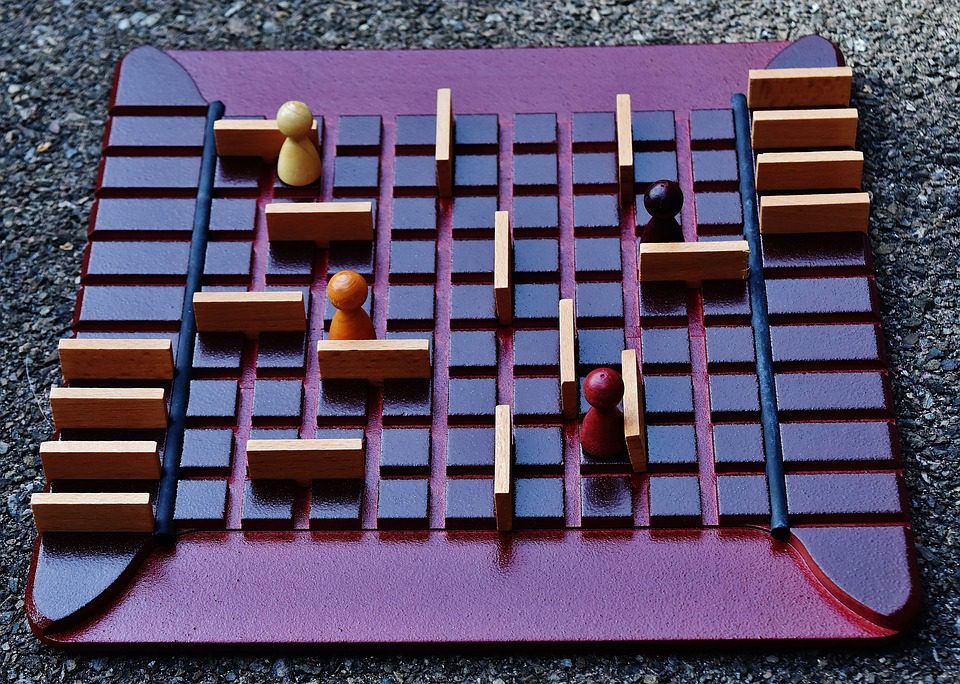
How do I learn a game?
Usually, the best way to learn a game is to have an experienced player teach you, but if you’re just learning about the hobby that may not be an option. Almost every game has a rules sheet or booklet included. Reading through those rules is a great start; setting up all the components of the game and running a practice round or two is even better. Many publishers now offer full rulebooks for their games online so you can learn how to play before buying it. And of course there is no shortage of instructional reviews and “how to play” videos, including some great ones on the Meeple Mountain YouTube channel!
Once you find a game you love, you can become the one who teaches your friends. We have good advice on how to teach games in an engaging way as well as the types of games that are surprisingly hard to teach. There are few things more satisfying than teaching someone a new game and sharing the experience together.
Where can I play a game?
There are countless ways to come across new games. If you have friends or family who also enjoy games, they might be able to point you towards good local resources. Board game cafes are a great option, as are game stores and local Meetup groups. If you’re really lucky, perhaps you can find an ongoing public game night. For our readers who live in Middle Tennessee, where Meeple Mountain is based, we suggest checking out the local stores, groups, and events, many of which are organized by Meeple Mountain!
Not able to make it in person? No worries. We’ve got you covered with our guide to gaming while isolated. Virtual board gaming through websites or apps can be particularly useful, allowing you to learn and try new games at your leisure.
Where can I buy a game?
While tabletop gaming used to be a bit more esoteric, good games can now be found almost anywhere. Searching the Internet for game stores in your area can help you find a local resource. Local game stores are great for learning about new titles and joining regular gaming events. If you’re just looking to buy a specific title, most publishers offer direct online orders. If you want to browse and can’t find a local game store, you can also try big box stores like Target, which tend to offer lighter games at reasonable prices: perfect for an aspiring gamer!
Another source of potential games is the crowdfunding platform Kickstarter. Both small and large publishers use Kickstarter to launch new titles. You may have to wait a few months or even years as the game finishes development and moves to production, but crowdfunding campaigns often feature cheaper-than-retail pricing, expanded game content or cool add-ons that make it worth the wait. We regularly review games with active Kickstarter campaigns to help you find the games of tomorrow today!

How much do board games cost?
It’s hard to pin down game prices, because they’re largely driven by the cost of production, making games with fewer components significantly cheaper than ones with many. On the lighter end, expect to pay around $15-$25. On the heavier end, a large game might run up to $125 at baseline and up to a whopping $250 for a massive box full of high-quality components. The average price of a game is likely around the $50-$60 mark. (All prices listed here in US dollars, so shipping and regional cost differences may apply.)
More importantly, the cost of a game is almost never a good predictor of its quality. What matters most is whether you enjoy the experience the game provides. Some gamers love squeezing every drop of joy out of a handful of cards, while others prefer to immerse themselves in a sprawling world lush with beautifully sculpted figurines. And many of us enjoy both!
So who is making all these games? How are they made?
One thing about the modern gaming community that makes it exceptionally interesting is that the barriers to making a game are very low right now, which means that almost anyone can make a game. Most designers — the people who create the game’s mechanics and often its theme — have day jobs in unrelated fields and create games as a fun hobby that occasionally brings in a little extra money. Check out our collection of game design articles to help you get started.
Usually, a game’s designer(s) will come up with the idea for a game, build a functional prototype, and test the gameplay for months or years before pitching it to publishers. The publisher then takes the game idea and refines it through significant further testing, the addition of professional art and graphic design, making any changes to the theme that might be necessary, and working with a manufacturer to ensure that the final version of the game meets the publisher’s standards for quality and cost. Once the game is totally complete, the publisher will order a production run from the manufacturer and the game will make its way to customers.
With the rise of Kickstarter, however, this model isn’t always accurate. Many designers have shifted to publishing their own works, controlling the entire process to ensure that their vision remains unchanged. Roleplaying game designers often go one step further. Since RPGs use fewer specialized components and many can be released in digital format without changing gameplay, designers can make their own RPGs easily and release them digitally through the platform of their choice (with Patreon, itch.io, and DriveThruRPG being popular choices).
It’s worth noting that, regardless of how a game gets made and published, it often takes 2 or more years to see a final release. The long timelines and production costs means that most games turn a small profit, if any, for both designers and publishers. Outside of a handful of very successful (and prolific) designers and publishers, making games is a labor of love rather than an easy payday.
There seems to be a lot of specialized terminology around games. What do I need to know?
Like any community or specialized field, gaming has a language all its own. We’ve talked about some of those terms above. Here are a few more of the most common terms that you might come across.
Gateway game: This is a catch-all term for a light game that is meant to be enjoyed by anyone, rather than catering to a specific style of play. The idea is that playing these will encourage new gamers to become more invested in the hobby. That’s not always true, though, and there’s absolutely nothing wrong with sticking to light games (or jumping straight to heavier titles, if that’s your jam). We regularly create Step Ladder articles to help players find lighter or heavier examples of their favorite games.
Party game: Slightly different than a gateway game, this is usually a game designed for lots of players, often starting at 4 minimum. Most people have heard of a party game, even if they don’t know the term: think of iconic names like Pictionary, Charades, Apples to Apples, or Taboo.
Eurogame: There are many different styles of game, yet one of the most enduring is the Eurogame (often called Euros for short). The term came into fashion in the early 2000s as a wave of games from Europe, where gaming was considered a mainstream activity rather than a niche hobby, started making their way to America. These titles had a few things in common: they had a wide variety of new mechanics, required little to no direct interaction between players, and prioritized gameplay over theme. They became enormously popular in the States and many gamers came to the hobby because of that success. Please note that this is a description of a style: not all European games are Euros and not all Euros come from Europe.
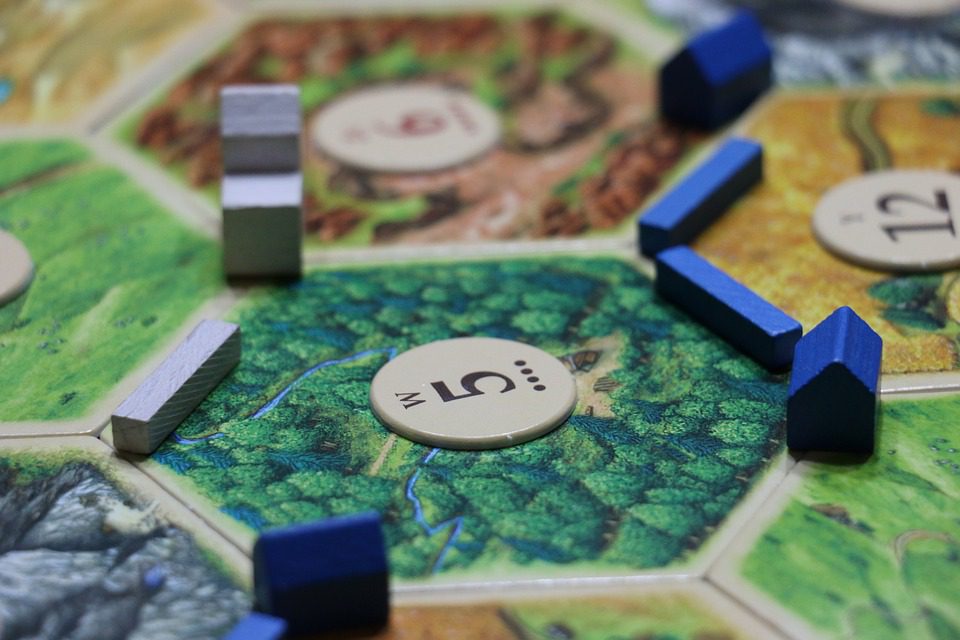
This all sounds great! Where can I go to learn more?
Well, obviously we’re a little biased: we think Meeple Mountain is one of the best gaming sites around. We offer regular written and video content aimed at gamers of all stripes. Follow us on social media to be notified when we update.
That said, there are plenty of other good resources. Some of the most popular are Shut Up & Sit Down and The Dice Tower. We also recommend Girls’ Game Shelf and the Opinionated Gamers. Try a few sites and see which ones you like best; getting to know a game reviewer’s preferences, as well as your own, will help lead you to your next favorite game.
It may also be helpful to look at games which have been well-received. One of the best-known awards in the tabletop gaming field is the Spiel des Jahres, so check out our definitive guide to the Spiel des Jahres to learn more about the award and the games that have won it.


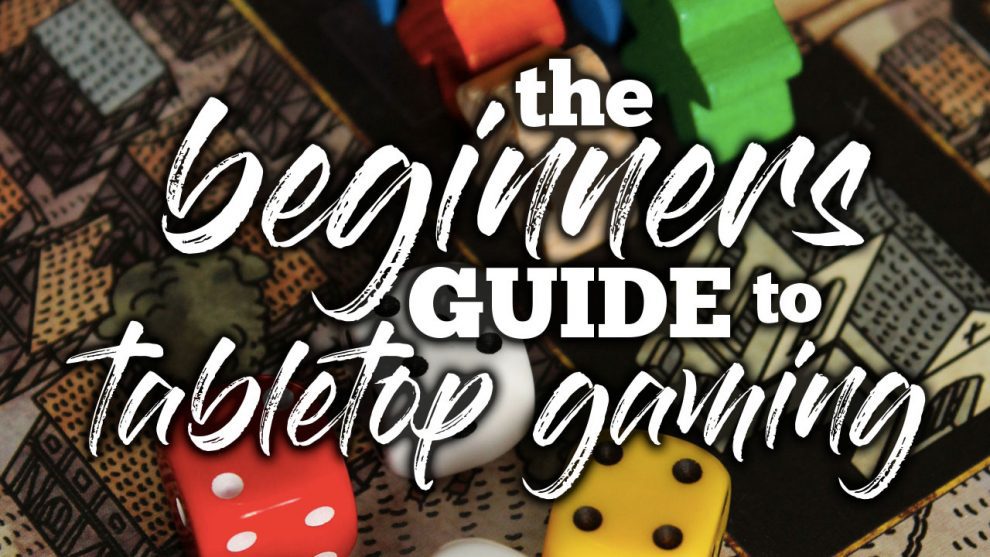

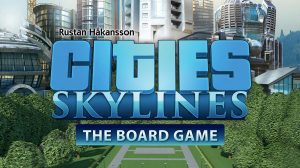
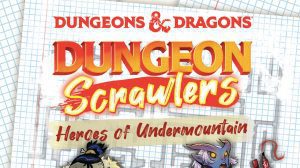





Really liked the post! Useful to show some friends things about the hobby.
Great thoughts and good recommendations, thanks